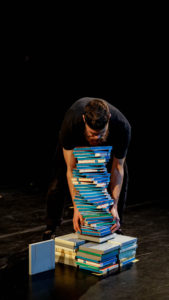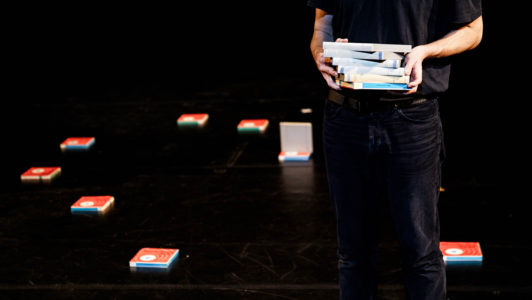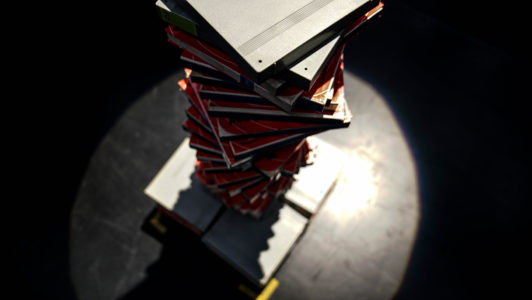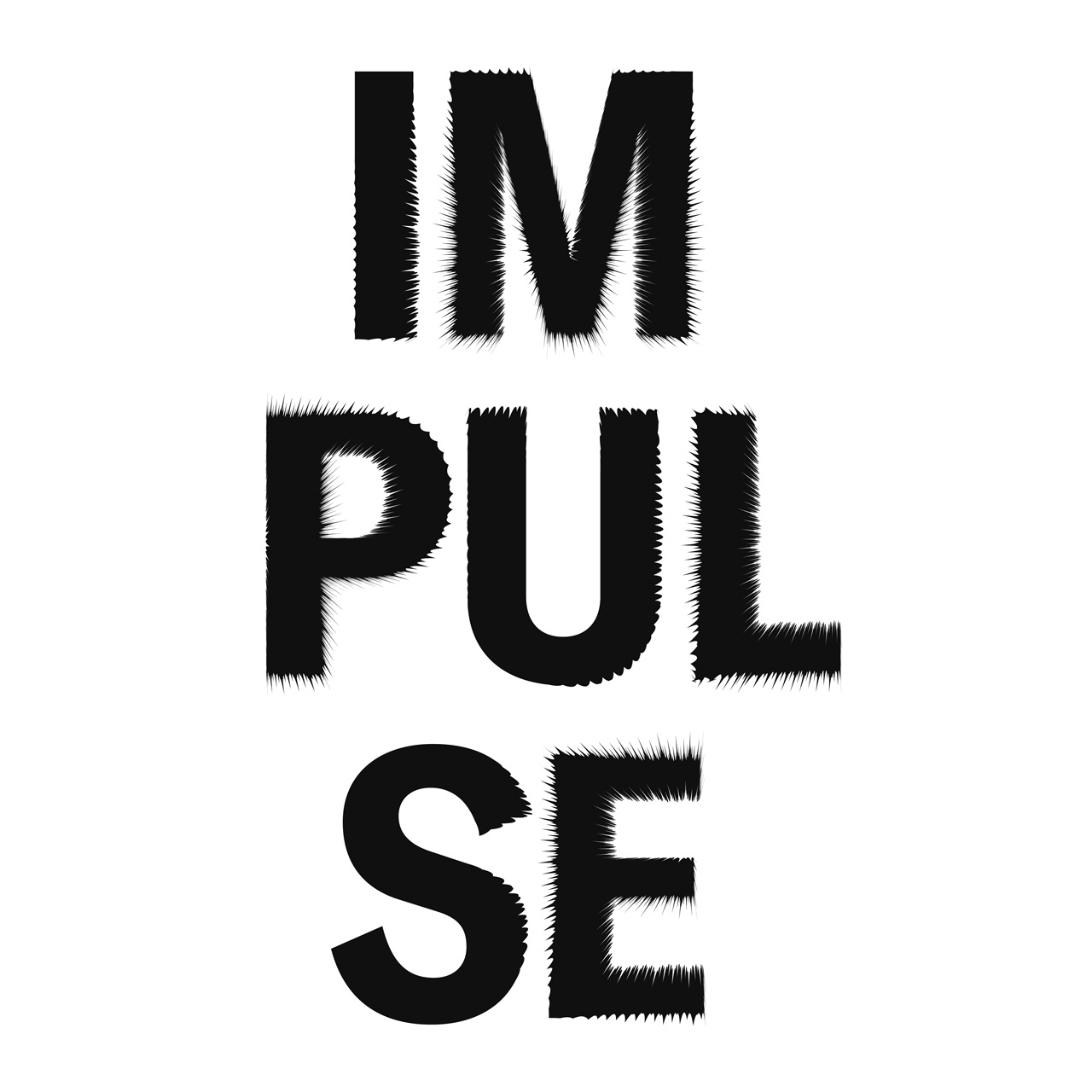LOB DES VERGESSENS
LOB DES VERGESSENS, Teil 2 takes place online.
How are things repressed? One descendant of displaced Germans from Middle and Eastern Europe wants to understand why he barely knows anything about his family history. A personal research project that uses historical sound recordings, news reports, songs and poems to shed light on the strategies and techniques of forgetting.
studiobühneköln, Bühne
Language: German with app-based English surtitles
Special on 07.06. after the performance:
Post-show talk in German with the artist and Aurora Rodonò, Diversity Manager of the Rautenstrauch-Joest Museum and a former research associate at the Documentation Centre and Museum of Migration in Germany (DOMiD). Chaired by: Haiko Pfost, Artistic Director Impulse Theater Festival





On the left hand side of the stage there is a stack of over one thousand tape recordings — the ethnographic sound archive of the Institute of Ethnology of Eastern European Germans. It is intended to preserve the history of the displaced Germans from Middle and Eastern Europe in the form of songs and stories by eye witnesses. On the right hand side of the stage stands a living archive, the theatremaker Oliver Zahn, who was born in 1989, the grandson and great-grandson of displaced Germans. Until now he has had little contact with his family’s history. This part of his memory is practically empty, embodying the success of collective strategies of forgetting. Oliver Zahn wants to understand how this empty space was created. So he asks the archive — and the archive answers. The space is filled with the sound of popular songs and unfamiliar dialects, whose speakers seem both eerily present and at the same time utterly absent, relics of a past time. They tell of life in Eastern Europe, of flight, displacement, integration and exclusion.
However, the archive is only able to answer the questions it is asked. What is not asked will not be remembered. And this makes it clear that forgetting doesn’t just happen, it is the result of a decision. “Forgetting lays to rest what stands in the way for the future,” the performer says. Is this a warning or a requirement?
Credits
By and with: Oliver Zahn
Dramaturgy: Felizitas Stilleke
Assistant at Sound Archive: Emre Can Bozoğlan
Lighting and Video: Laura Kansy
Technician: Dennis Dieter Kopp
Artistic Production and Press Office: Rat & Tat Kulturbüro
Contact for touring enquiries: Oliver Zahn, mail[a]oliverzahn.de
Production
A production by Oliver Zahn, co-produced by Münchner Kammerspielen. Funded by a three year grant from the State Capital Munich.
Biographies
Laura Kansy is a freelance photographer and camerawoman for feature, documentary and experimental films. She has been a student in the Camera department at HFF Munich since 2012. From 2012 to 2016 she had a working placement in the Research and Development department at ARRI (Arnold & Richter Cine Technik GmbH), and in 2016/17 she studied at the Satyajit Ray Film and Television Institute (SRFTI) in Kolkata, India.
Dennis Dieter Kopp studied Theatre, Media and Literature at the University of Hildesheim. Since 2012 he has worked as a lighting technician, performer and dramaturg at venues including the Münchner Kammerspiele and for Oliver Zahn//HAUPTAKTION, Thermoboy FK, christians//schwenk, Henrike Iglesias, Markus&Markus, Marie Simons and Ceren Oran and Joana Tischkau. As a solo performer and member of cobragianni.cobra he has been responsible for ‘Let Me Be the Object of Your Desire’ (2012) and ‘EIN BISSCHEN MEHR MUSS MAN SCHON SEHEN oder: Wie ich mich in einen Schmetterling verwandelte’ (2017). His artistic practice is concerned mainly with issues of critical research into masculinity in searching for queer, feminist and intersectional perspectives.
Oliver Zahn’s choreographic/discursive essays often revolve around history, nationalism and the body — they are ethnographic, archive-based and include self-experiment. In addition to ‘Situation mit ausgestrecktem Arm’ (on the cultural history of the “Hitler Gruss” gesture) and ‘Situation mit Doppelgänger’ (with Julian Warner, about cultural appropriation in dance, imitation and minstrel shows) he has created ‘Zweiter Versuch über das Turnen’ about German identity and allegiance to “the body of the people” with reference to the history and practice of the German gymnastics movement and most recently ‘Teutona’ and ‘Futur Germania’.

